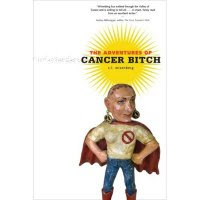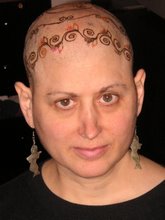Tonight at rowing we did a circuit, I believe it's called, where we rowed as fast as possible for 500 meters on the rowing machine aka erg, then did some very silly things having to do with moving your legs like this and your arms like that and stretching like this and jumping your feet back and forth like that in a way that is very awkward and then going back to the erg to do it again, all the way through, and then back again. I say, If this does not fill you will the futility of life, then you're moving too fast. And I was moving that fast, though not as fast as anyone else in the room except a new recruit who looked older than I, and then I got overheated on the erg and felt like crying, and there was a time when I would keep going until I was weeping and would take a couple of hours to get over the weeping and feel that someone was clearly at fault, but not I, not I. Not me. Maybe two years ago I decided I would row until I felt like crying, and then stop, taking the crying as a sign that I had pushed myself too far, and so today I stopped and stood in front of the upright fan (crying a little) and then took my mat to the other end, over there, and did some sun salutations and Coach S complimented me on my downward-facing-dog (le chien tête en bas, as we said in French yoga), and I admit, I do a nice downward dog. The secret is to keep pushing down with what my Taiwanese yoga teacher used to call the back of the small, which was such an enchanting word switch that no one wised her up.
Then again, if I stop before I am awash in tears, then the chances are that I'll be more predisposed to come back to practice. The thing, of course, is to get yourself not to cry, but how is that done, I'd like to know. I was doing the yoga to calm myself down, to take the tension out of the boat, as the Michigan coach says, and there was a time about six years ago when rowing hq was at the place before this place, and I pushed and pushed myself and I was crying and felt depleted and this same Coach S (who thought with J that I was uncoachable) said something about it being good that I was learning my limits. Or something like that. And here am I, who not a week ago was talking to another J, who was telling us about all the emotionally spent college students she has who are crying with anxiety and fear about getting everything done, and I said that crying was just an expression of feelings. Hah, the diminishment has come home to roost, has it not?













